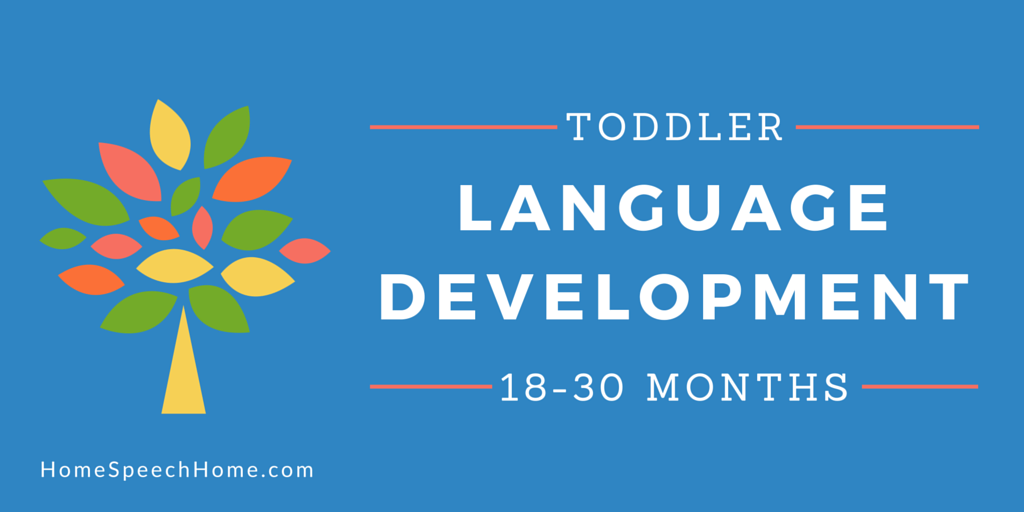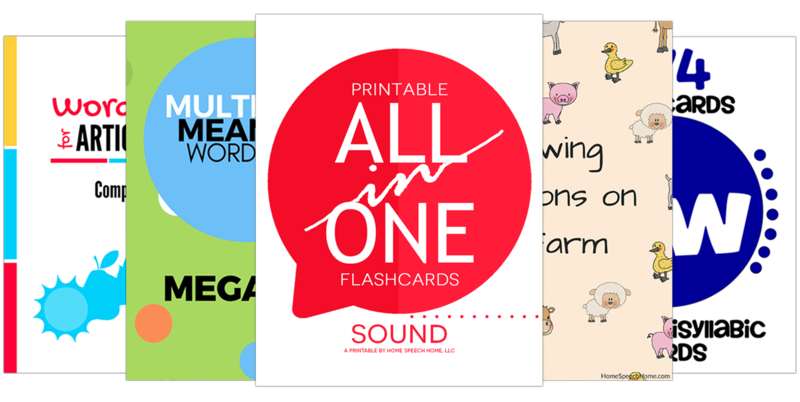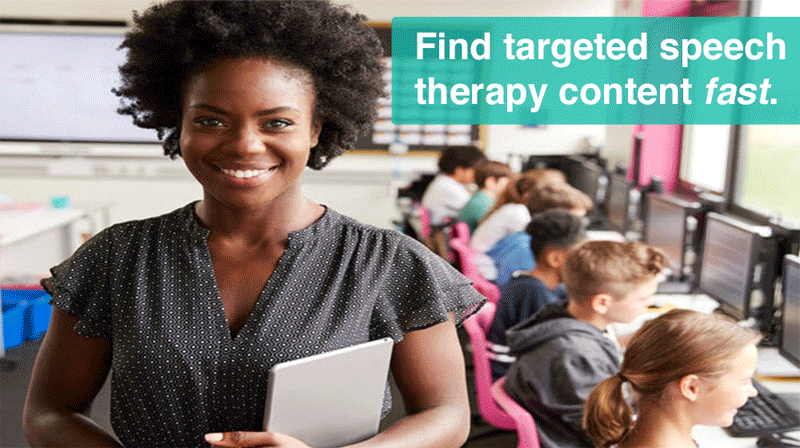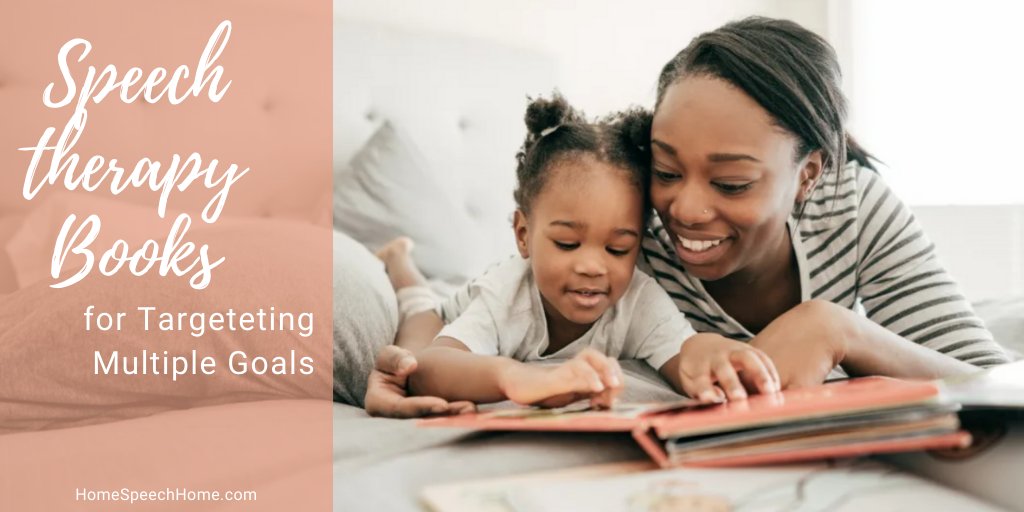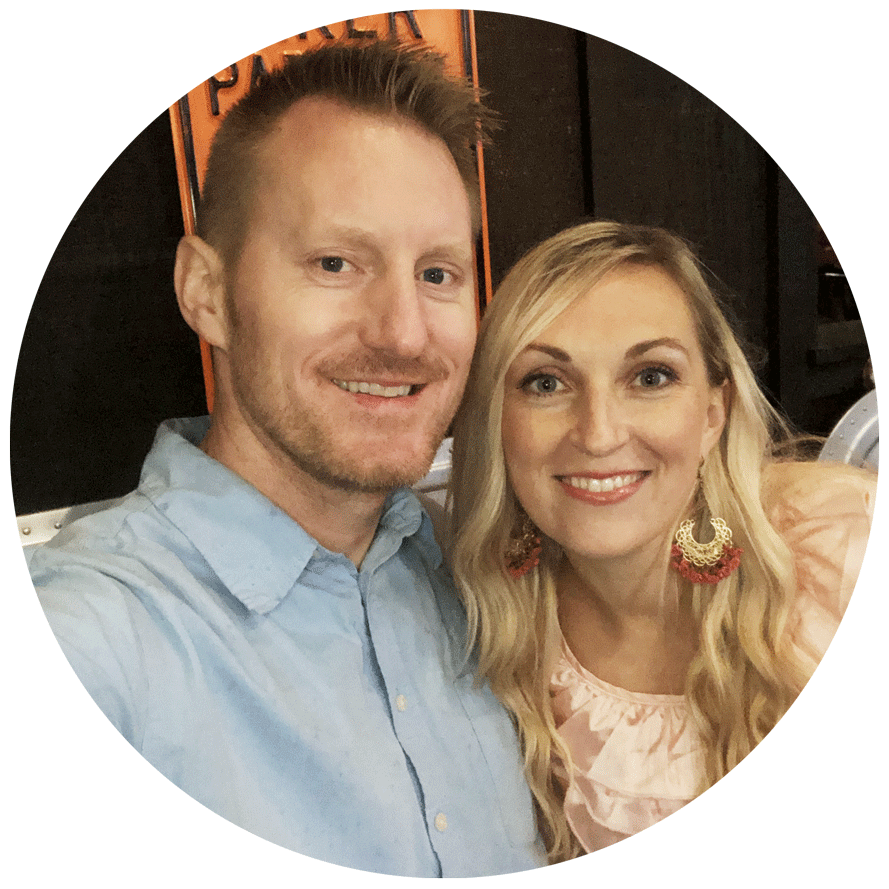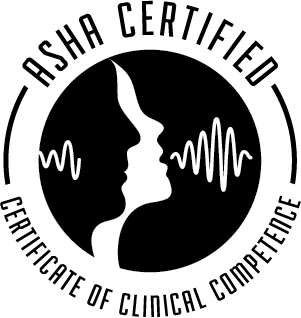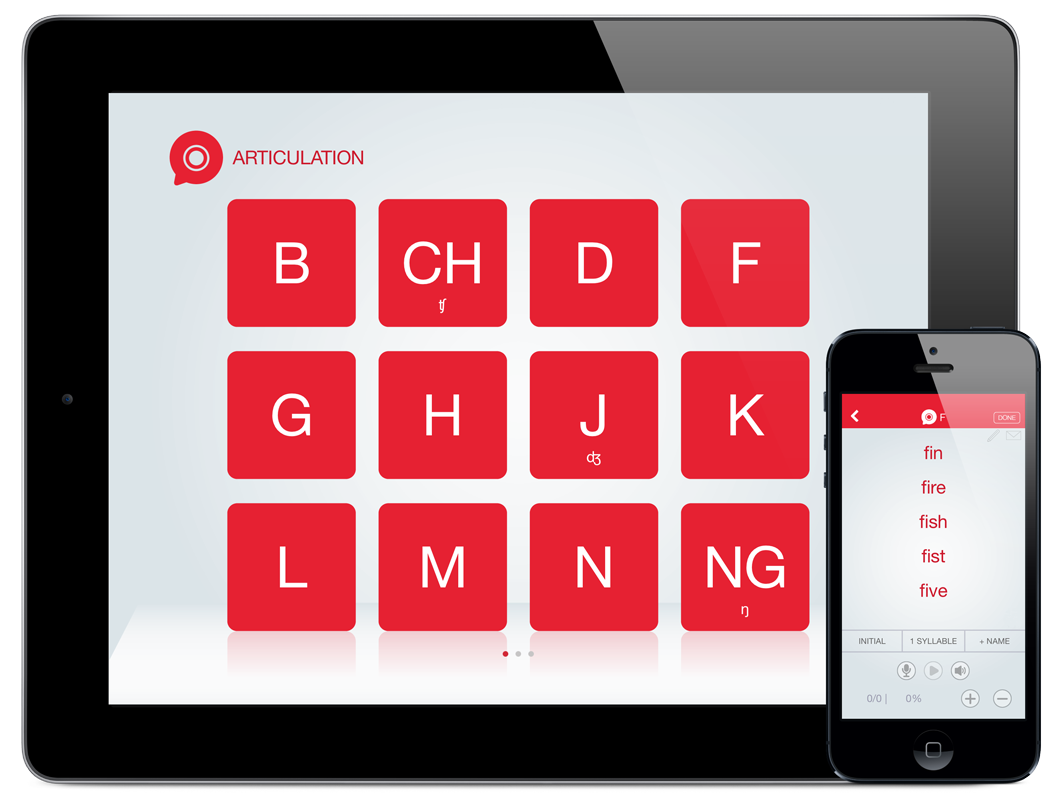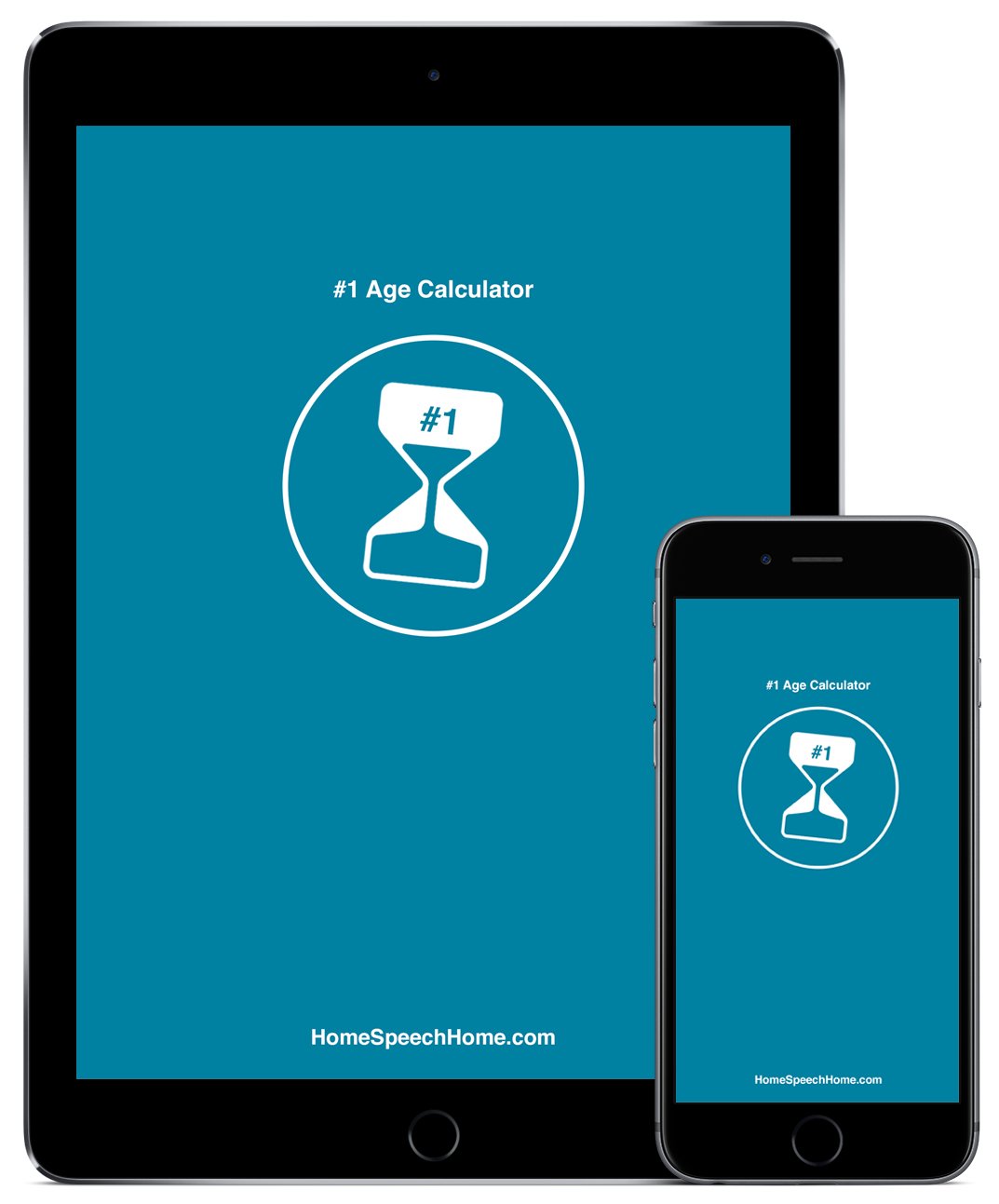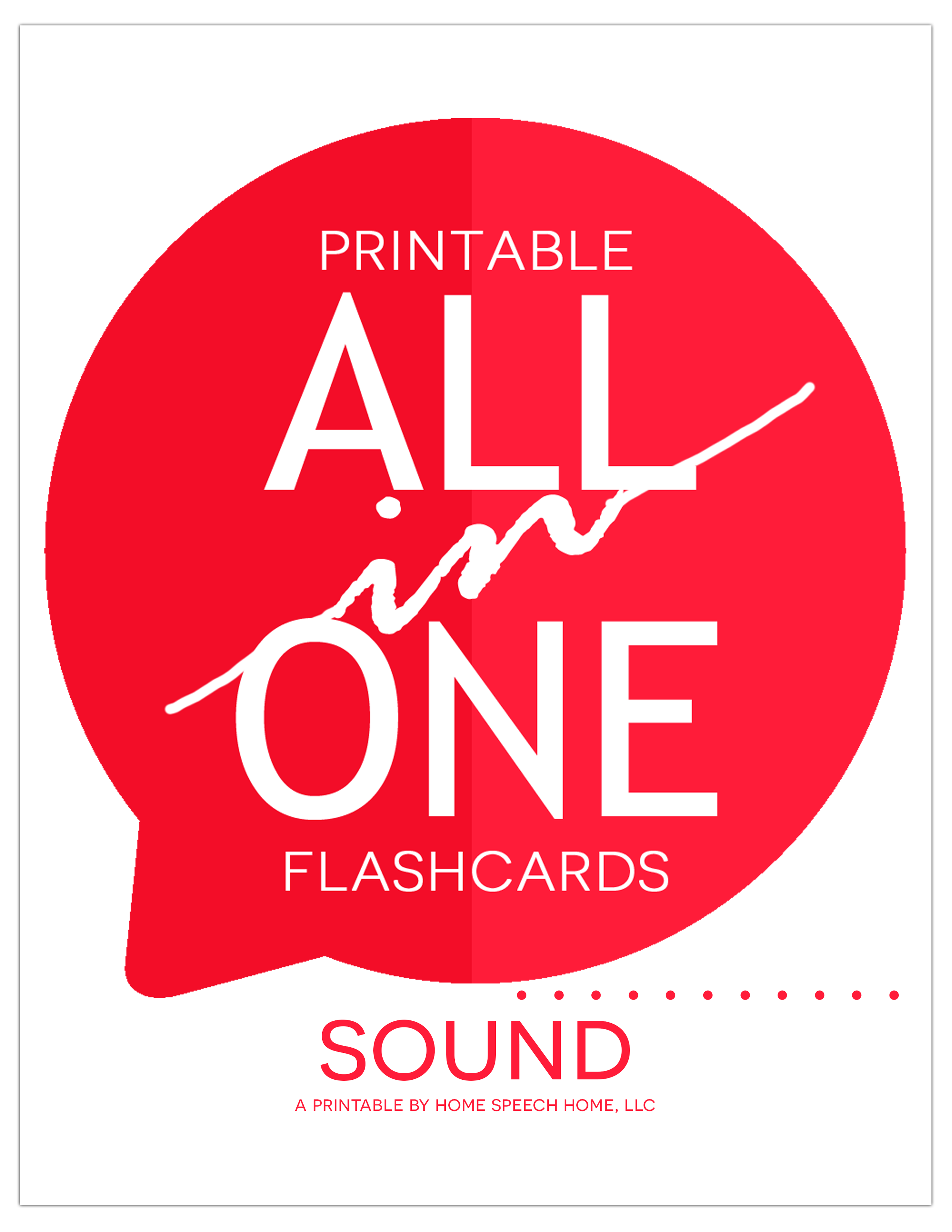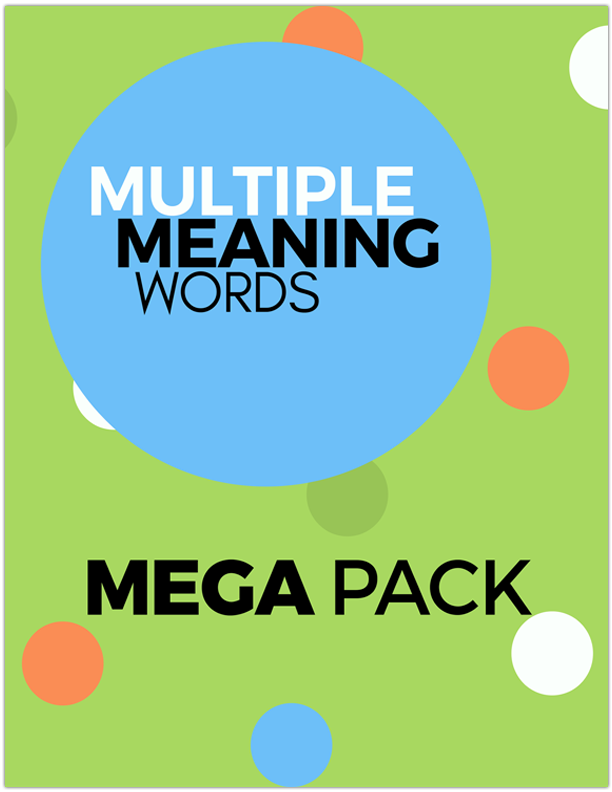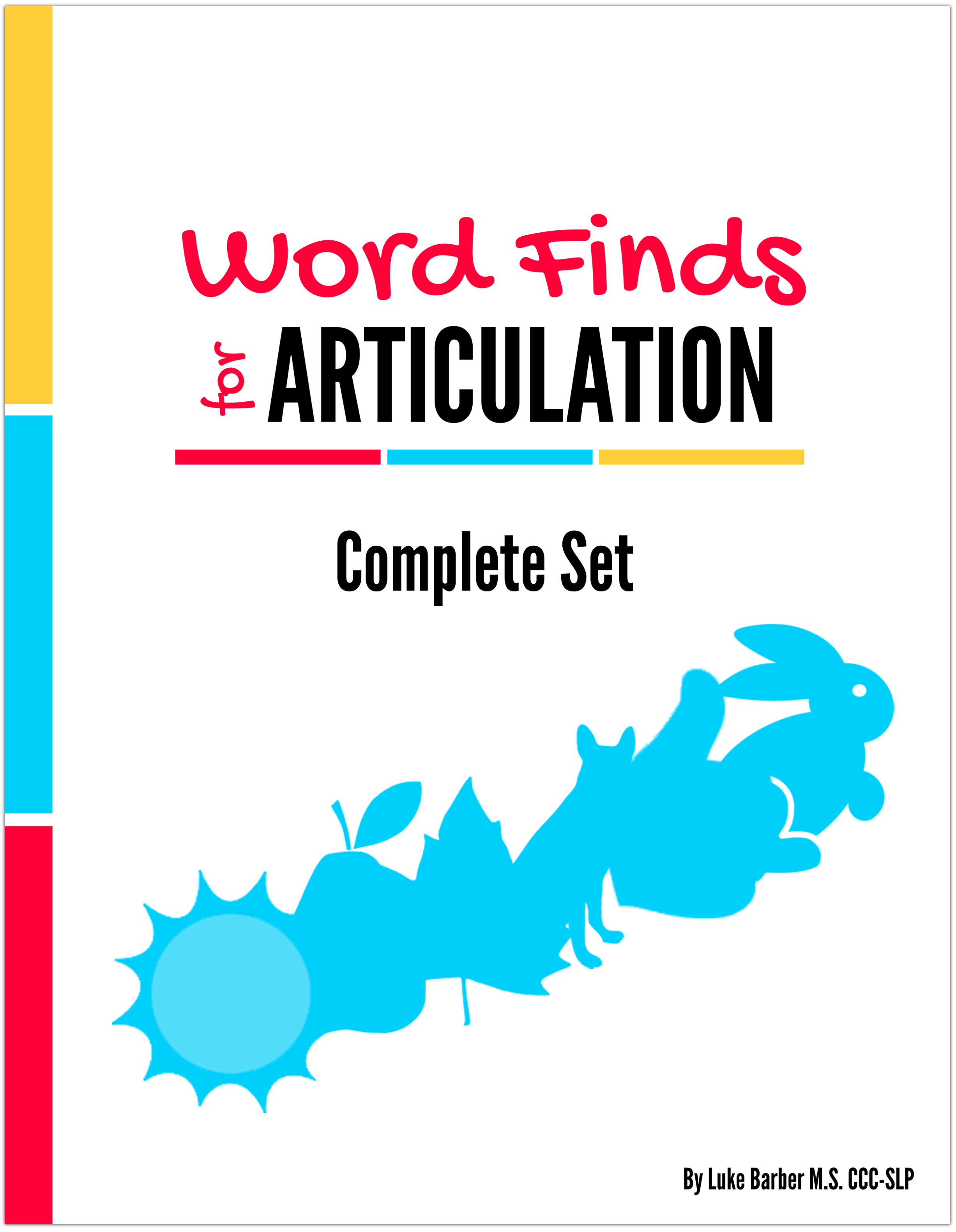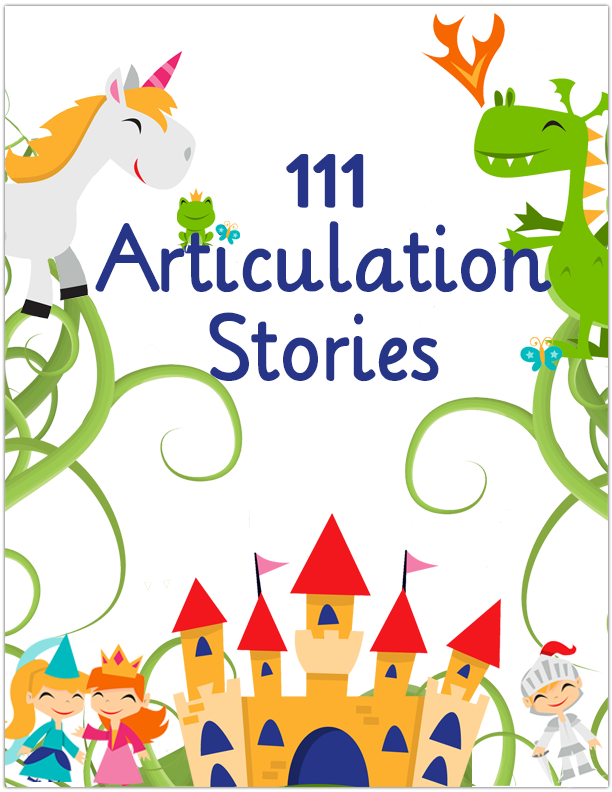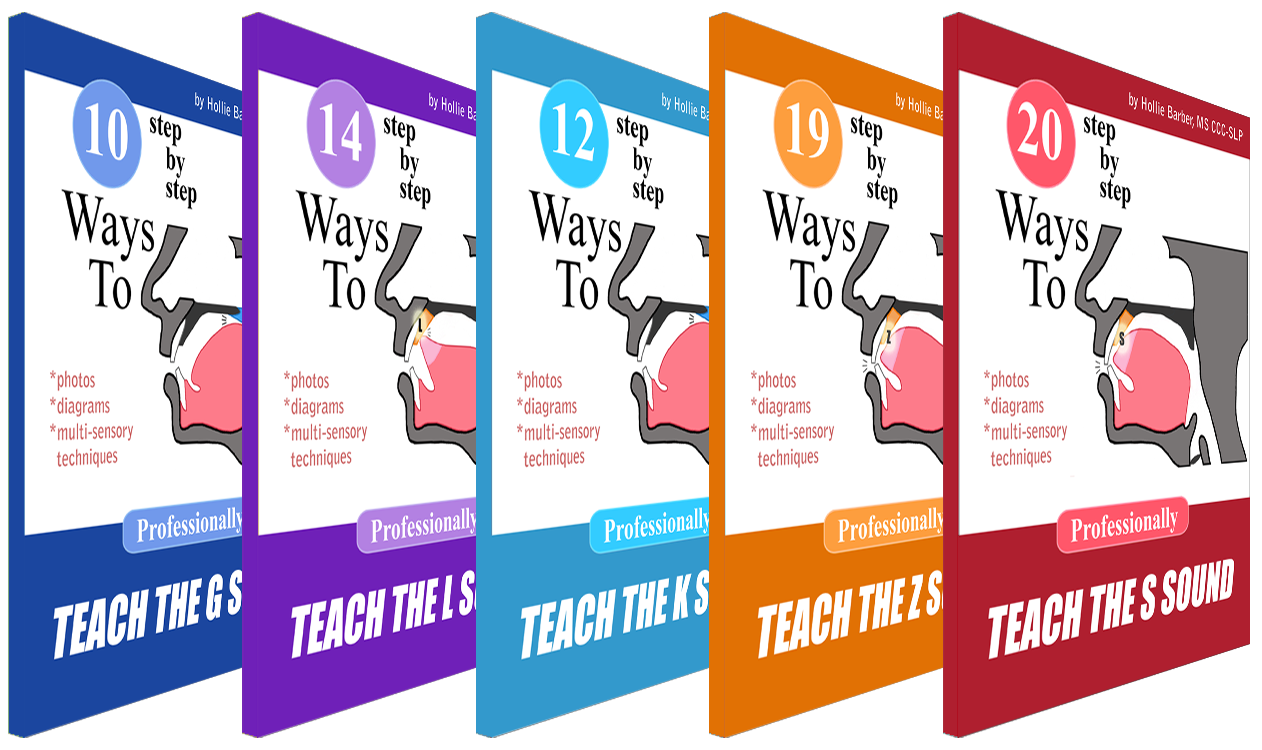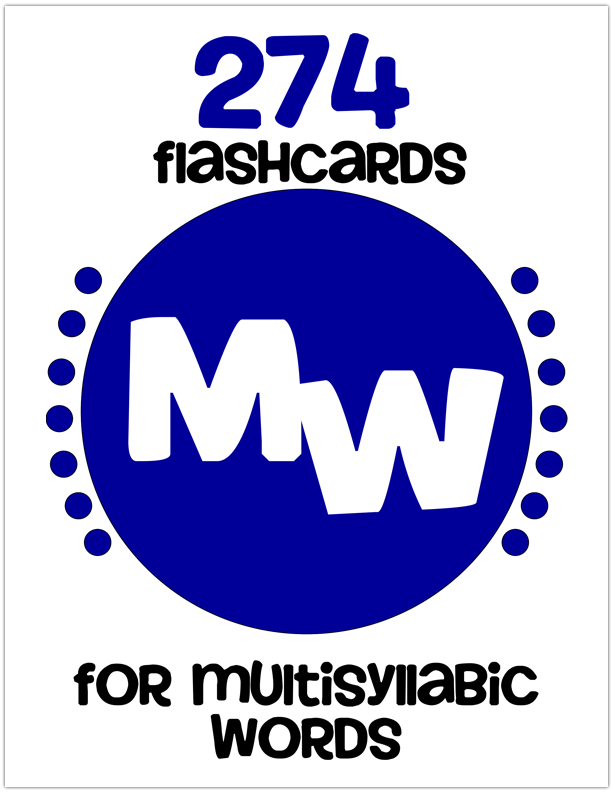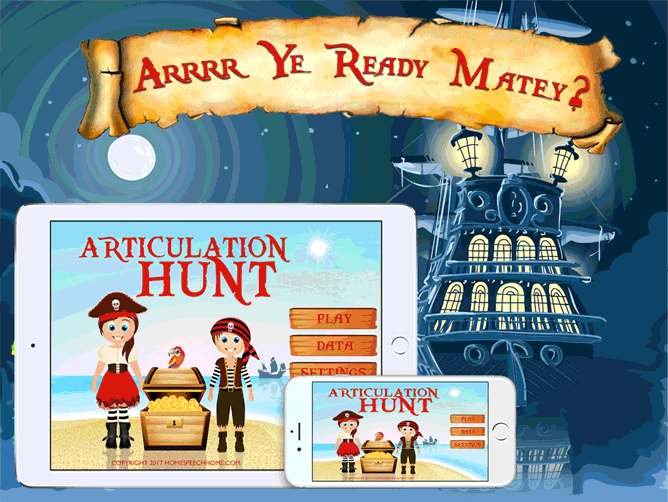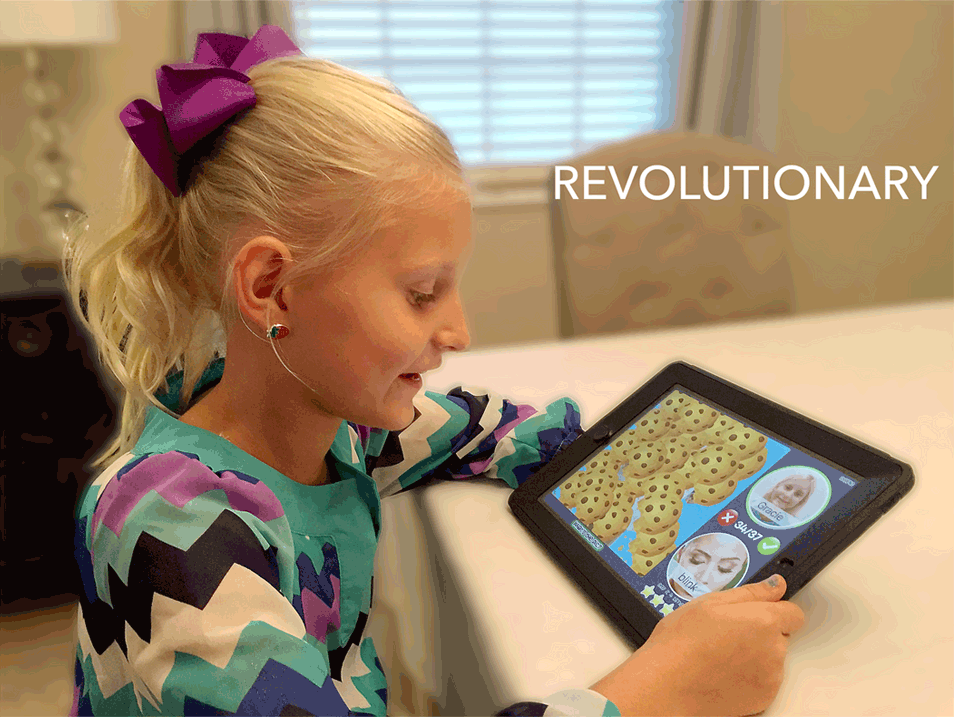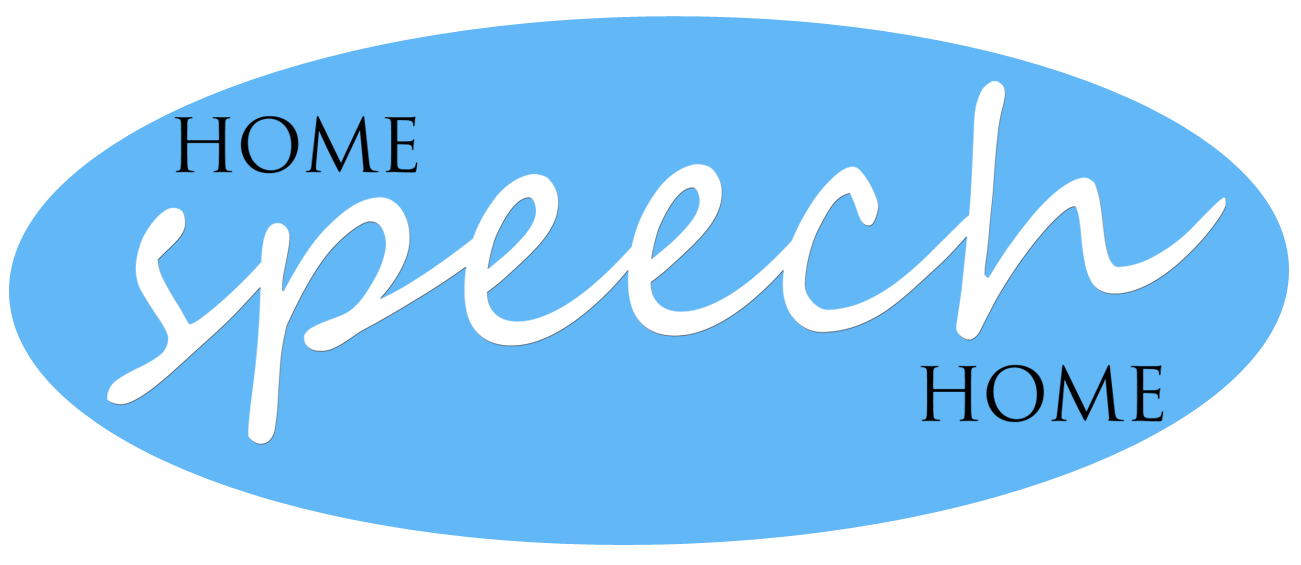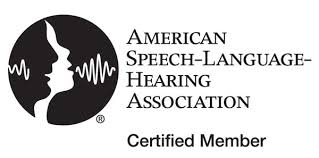Language Development in Toddlers What Your Child Should Be Doing
Language development in toddlers: Your child uses speech and language that will surprise you on a daily basis.
At this age your child has learned A-L-O-T of words and phrases from you...
...now they will verbalize more.
Explore Our Goal Achieving, Client Centered Products
When our oldest daughter was 21 months old Hollie and I couldn't believe how much she started picking up from us.
I'll never forget when my daughter and I went to get the mail one day. After we had grabbed the mail. She turned around and held up her arms pointing to the left and right of the street.
She then shook her head to the left and the right (it looked like she was saying "no") and said...
..."no ca-s" (no cars).
I had been trying to teach her to "Look both ways" for cars for 2-3 months, and then she spontaneously said it on her own. I was so proud.
Of all the stages of speech and language milestones 18-30 months is my favorite. Notice that some of them can happen after 30 months too.
18 Months (1.5 Years)
Expressive Language / What The Child Says
- Spoken Vocabulary Size = 50-100 words
- 2-5 communicative acts per minute
- Names common objects
- Begins naming familiar actions (kiss, hug, hold, tickle)
- Begins naming familiar basic concepts (hot, cold, up, down)
- Begins to put 2 words together (18-24 months)
- Begins using "big", "little"
- MLU (Mean Length of Utterance/Average Sentence Length)
= 1.3 words - Words are used to state existence, nonexistence, rejection, denial
Examples:
Child says "this" or "bear" to tell you that is their bear.
Child says "allgone" or "bye bye" to tell you mom is gone.
Child says "no" or "stop" to tell you they don't want to.
Uses these Grammar Parts/ Brown's Morphemes
- "-ing" on the ends of words (19-28 months)
Examples:
"Mommy driving." "Daddy walking." - "plural s, ies" on the ends of words (24-33 months)
Examples:
"Shoes on feet.
"Kitties running.
Receptive Language / What The Child Understands
- Begins to understand prounouns "mine", "yours"
- Begins to understand "big", "little"
- Begins understands action words (jump, kick, kiss, throw, etc.)
- Begins to understand gender (boy, girl)
- Understands 2 to 3 words out of each sentence spoken to them, single words understood without pointing or gesturing (responds by getting the objects mentioned, looking to see if you noticed, putting the object in container or on a surface, and then acting on it in the way you mentioned)
- Begins to follow 2-step related directions
Examples:
"Go get your shoes and put them on."
"Get your bear and give him a hug."
Emergent Literacy Skills
- Looks at, listens to, and shows appreciation of books
Social/Play
- Uses toys functionally
- Begins to enter a play group with adult assistance
- Plays by his/her self for at least 5 minutes and increasing
- Pretend develops
- Seeks adults' help
- Begins to initiate interactions using signs, symbols, or words
- Begins to attend during group activities
- Symbolic Play (pretending) Level increases rapidly over the next year
Play Level 2 (18-24 months) - Pretends with self-related activities
Examples:
Pretends to drink from toy cup.
Pretends to eat from an empty spoon.
SEE ALSO: The Best Free App for Speech Therapy
24 Months (2 Years)
Expressive Language / What The Child Says
- Spoken Vocabulary Size = 150-300 words
- Only 50% (half) of their phrases are related to other's words
- 5 to 7 communicative acts per minute
- Names common objects
- Names familiar actions (kiss, hug, hold, tickle)
- Names familiar basic concepts (hot, cold, up, down)
- Puts 2 words together (18-24 months)
- Says "WHAT" (24 months)
- Says "big", "little"
- Uses words to request information, answer questions, and acknowledge that something is correct or right
- MLU (Mean Length of Utterance/Average Sentence Length)
= 1.9 words - Combine words in the following patterns: (semantic relations)
Examples:
agent + action = "mommy kiss"
agent + object = "daddy ball"
action + object = "throw ball"
action + location = "come down"
entity + location = "baby out"
possessor + possession = "daddy shoes"
Uses these Grammar Parts/ Brown's Morphemes
- "ING" on the ends of words (19-28 months)
Examples:
"mommy driving"
"daddy walking" - "Plural S, IES" on the ends of words (24-33 months)
Examples:
"Shoes on feet."
"Kitties running."
Receptive Language / What The Child Understands
- Understands prounouns "mine", "yours"
- Understands action words (jump, kick, kiss, throw, etc.)
- Begins to understand "big", "little"
- Begins to understand gender (boy, girl)
- Understands 2 to 3 words out of each sentence spoken to them, common 2 word combinations understood
(responds by getting the objects mentioned, looking to see if you noticed, putting the object in container or on a surface, and then acting on it in the way you mentioned) - Follows 2-step related directions
Examples:
"Go get your shoes and put them on."
"Get your bear and give him a hug."
Emergent Literacy Skills
- Looks at, listens to, and shows appreciation of books
Social/Play
- Uses toys functionally
- Enters play groups with adult assistance
- "Please" used for polite requests
- Misrepresenting reality (lies, teases)
- Plays for at least 10 minutes (30 months)
- Gives up a toy easily if they are done with it (30 months)
- Seeks adults' help
- Initiates interactions using signs, symbols, or words
- Attends during group activities
- Symbolic Play (Pretending) Level increases rapidly over the next year
Play Level 3 (24-36 months) - Extends pretending to involve objects of action or other people/dolls.
Examples:
Feeds doll.
Pretends to sweep the floor.
Moves car/block and makes car sounds.
Play Level 4 (24-36 months) - Pretends to do actions, followed by doing it on others, and then by related actions.
Examples:
Combs own hair, then combs mom's hair.
Drinks from bottle, then feeds the doll.
Kisses doll, puts it to bed, puts blanket on.
Stirs in the pot, feeds doll, and washes dishes.
Play Level 5 (24-36 months) - Plans ahead what actions to do and tells you with words or gestures.
Examples:
Finds the iron, sets it down, searches for the cloth, tossing aside several objects.
When cloth is found, irons it.
Picks up the bottle, says "baby", then feeds the doll and covers it with a cloth.
SEE ALSO: The Best Books for Speech Therapy Practice
Activities and Product Discounts, Oh My!
Sign up for Terrific Therapy Emails
Your information is 100% private & never shared.
